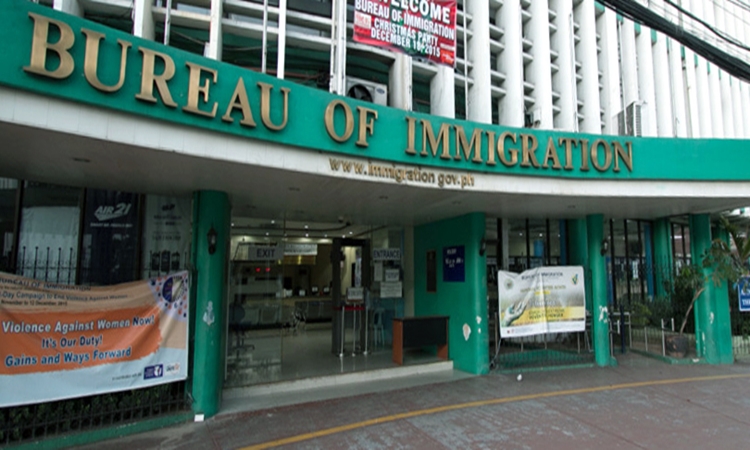Body cameras will be used by Bureau of Immigration officers soon
BODY CAMERAS – The Bureau of Immigration (BI) is preparing to introduce body cameras to enhance transparency within the agency and address the increasing number of complaints against its personnel.
The Bureau of Immigration (BI) in the Philippines is the regulatory and control body responsible for immigration matters. It originated as a division of the Bureau of Customs in 1899, reflecting the focus on goods rather than monitoring foreign nationals. In 1937, the immigration functions were moved to the Bureau of Labor in response to the increasing number of Chinese nationals in the country.
In 1940, the Philippine Immigration Act created the Bureau of Immigration under the Office of the President. It later became an attached agency of the Department of Justice and then returned to the Office of the President. During Martial Law in 1972, it was renamed the Commission on Immigration and Deportation, assuming both administrative and quasi-judicial functions. On July 25, 1987, it was renamed the “Bureau of Immigration” but continued its functions.

Presently, the bureau is preparing to introduce body cameras to enhance transparency within the agency and address the increasing number of complaints against its personnel.
BI spokesperson Dana Sandoval stated that they are currently in the process of acquiring these body cameras, with the intention of implementing them by the end of this year. The purpose is to ensure accountability among their staff, particularly at airports, similar to other countries where law enforcers use body cameras to record their entire duty. These body cameras will also feature a livestreaming function, allowing the Office of the Commissioner to monitor personnel.

In addition to this initiative, the BI has resumed the procurement of electronic gates for the nation’s international airports. Their goal is to have 50 percent of their operations conducted through electronic gates by 2023. There are currently 21 e-gates deployed in international airports, and although the procurement process was temporarily halted due to the pandemic, it has now resumed, especially given the increasing number of travelers. The budget for this procurement is included in the proposed 2024 national budget.
For more news and the latest updates, feel free to visit Newspapers.ph more often as well as our Facebook page and YouTube channel.
